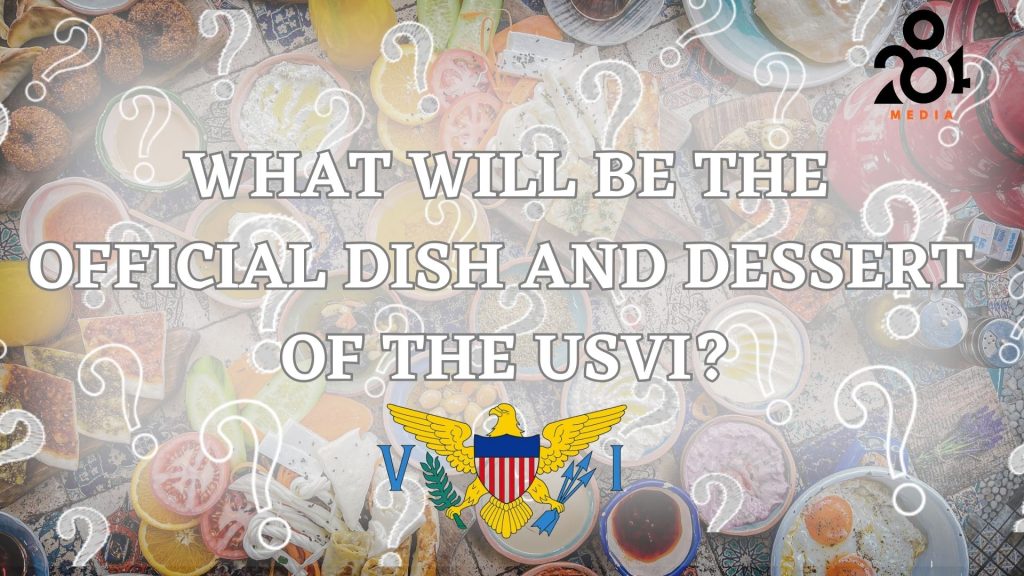The Virgin Islands (US) will hold a Territory-wide survey to allow members of the public to be an active part of the decision on what will be the Offical Dish and Dessert for the USVI.
The move, described as an effort to “cement the culinary identity” of the USVI, comes following a successful proposal of Bill 35-0078 to the Senate Committee on Culture, Youth, Aging, Sports and Parks by Senator Angel Bolques.
Alani Henneman, Assistant Commissioner of the Department of Tourism, testified in support of the bill on behalf of Department Commissioner Joseph Boschulte. She highlighted that an official dish and dessert would elevate Culinary and Agriculture Tourism in the USVI . Henneman proposed a digital strategy for the survey, including targeted ads on social media, a digital survey platform, and localized digital ads throughout the territory.
During the discussion, Henneman assured that the survey would fairly capture responses across a representative cross-section of USVI society, including all demographics in a multi-faceted approach. In addition to the online survey, there are plans to utilize in-person dropbox voting and a call-in number.
The Department of Tourism said it would also target senior homes, senior groups, and churches to ensure the participation of the older generation, recognizing that not everyone has access to social media.
She described an initial gathering of people’s responses, followed by a territory-wide voting exercise on the most popular finalists, including a write-in option to ensure that everyone was guaranteed to have a say.
Following the survey, results will be submitted to the Legislature, which would then move (through the second portion of Bolques’s draft bill) to enact a law declaring an official national dish and dessert.
In asking his colleagues to support the measure, Bolques reiterated the importance of data-driven policymaking and noted that the survey would provide the needed information to ensure quality decision-making by the legislation. He spoke about how new developments surrounding food in the territory, which is such an integral part of the culture, would serve as an economic and tourism driver. “As simple as food may sound, it attracts people, it brings us together,” Bolques said.

